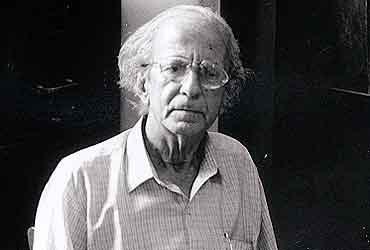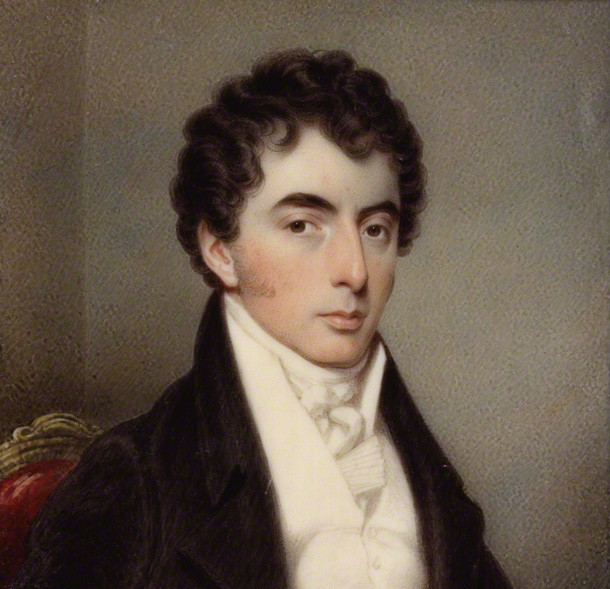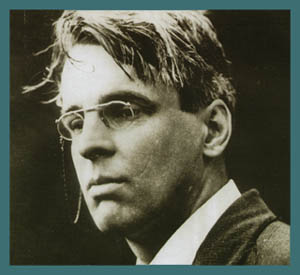This poem analysis focuses on the poem ‘Philomela’ by the English poet Matthew Arnold, and it is divided into three parts – rhyme scheme and rhetorical devices, the myth of Philomela, and construction of ancient Greece in the poem. Gothrough Philomela by Matthew Arnold analysis.
Philomela by Matthew Arnold Analysis
Rhyme Scheme in Philomela and Rhetorical Devices: ‘Philomela’ is not a typical poem of Arnold’s, for it does not follow any rhyme scheme and is written in free verse. Like most other Victorian poets, Arnold enjoyed writing in versatile patterns of rhyme. However, in ‘Philomela’, Arnold’s attempt to do justice to as grand a theme as Greek myth, and as enigmatic a figure as the nightingale, makes him write in an uninterrupted flow. End rhymes occur very rarely in the poem, and the only one that is fairly easy to spot is the rhyming of “brain” and “pain (in itself an imperfect rhyme) in the third and fourth lines of the second stanza.
This poem explanation would be incomplete if it did not make reference to the major rhetorical device that Arnold makes use of in ‘Philomela’, that is, apostrophe. Apostrophe is a mode of address using the first person with which poets often summon up the image of a listener in their individual poems. Here Arnold uses the device of apostrophe in a large part of the poem, from the second to the fourth stanzas. He directly addresses the nightingale as “thou”, and asks it many rhetorical questions.
Rhetorical questions are questions to which the answers are obvious, and therefore, remain unsaid. In asking the nightingale whether its pain will ever heal, and whether it will ever be able to forget what it has been through, Arnold knows that the answer will be in the negative. Yet in asking those questions Arnold is able to form a kind of kinship with the nightingale in his attempt to empathize with its suffering.
The Myth of Philomela: This poem analysis cannot help but go back to Arnold’s source – the ancient Greek myth of Philomela and the nightingale – for a fuller understanding of Arnold’s subject matter for the poem. Pandion, the king of Athens, had two daughters, Procne and Philomela, of whom he gave the former in marriage to Tereus, king of Thrace (or of Daulis in Phocis). This ruler, after his wife had borne him a son, Itys (or Itylus), wearied of her, plucked out her tongue by the roots to insure her silence, and, pretending that she was dead, took in marriage the other sister, Philomela.
Procne, by means of a web, into which she wove her story, informed Philomela of the horrible truth. In revenge upon Tereus, the sisters killed Itylus, and served up the child as food to the father; but the gods, in indignation, transformed Procne into a swallow, Philomela into a nightingale, forever bemoaning the murdered Itylus, and Tereus into a hawk, forever pursuing the sisters. Thus Philomela, or the nightingale, has always been associated with unbridled passion, betrayal, and revenge. Arnold too sees her as signifying the same things.
Construction of Ancient Greece in the Poem: This part of the poem explanation focuses on how Arnold has painstakingly built up a Grecian atmosphere in ‘Philomela’ to make it more authentic, and to make its style and tone resemble its subject matter. This effort is visible in every stanza of the poem. In the first stanza, the reference to cedar trees is a reminder of the fact that cedar wood was used to build ships in ancient Greece that would then be used to carry naval fleets to combat. The connection can also be made that Pandion had agreed to give Procne’s hand in marriage to Tereus was because Tereus had helped him win his war against Thebes.
In the second stanza, Arnold conjures up the image of Greece as a maritime nation, one that is far removed from England in both space and time. Hence, Philomela’s pain is also an “old-world pain” that she has carried from “distant lands”.
In the third stanza, by the use of an antiquated word like “thy” in place of its modern equivalent “your”, Arnold harks back to an older time – the kind of time associated with the ancient civilization of Greece, and all the myths it had given birth to, that have now been adapted by modern nations in their story-telling as a model of moral enlightenment.
In the fourth stanza, Arnold continues to use antiquated terms like “thou” in place of the less formal “you”. He also refers to specific places in ancient Greece – to the forest land surrounding Thrace (where Procne and subsequently, Philomela had gone after marriage), to Daulis (an alternate name for the kingdom of Thrace), and to the “high Cephissian vale” (the valley of the Cephissus, a small stream running through Doris, Phocis, and Boeotia, into the Euboean Gulf).
Finally, he calls Philomela by a Grecian name “Eugenia”. Eugenia is a feminine first name related to the masculine name Eugene that comes from the Greek eugenes “well-born,” from eu- “well” + -genes “born.” All of these references work to give the poem an old-world charm, and clarify that the ancient Greek myth that had provided not just Arnold, but many other eminent English poets with ample material for their poetic creations, was in fact quite well-known in England at the time. Thus Arnold’s contemporary audience would have no trouble making the connections we have mentioned, and would derive pleasure from their shared knowledge of the myth and its connotations. Read: Philomela by Matthew Arnold Summary
Keywords: Philomela by Matthew Arnold Analysis, critical appreciation of Philomela, theme ofPhilomela, rhyme scheme in Philomela
Some online learning platforms provide certifications, while others are designed to simply grow your skills in your personal and professional life. Including Masterclass and Coursera, here are our recommendations for the best online learning platforms you can sign up for today.
The 7 Best Online Learning Platforms of 2022
- Best Overall: Coursera
- Best for Niche Topics: Udemy
- Best for Creative Fields: Skillshare
- Best for Celebrity Lessons: MasterClass
- Best for STEM: EdX
- Best for Career Building: Udacity
- Best for Data Learning: Pluralsight















